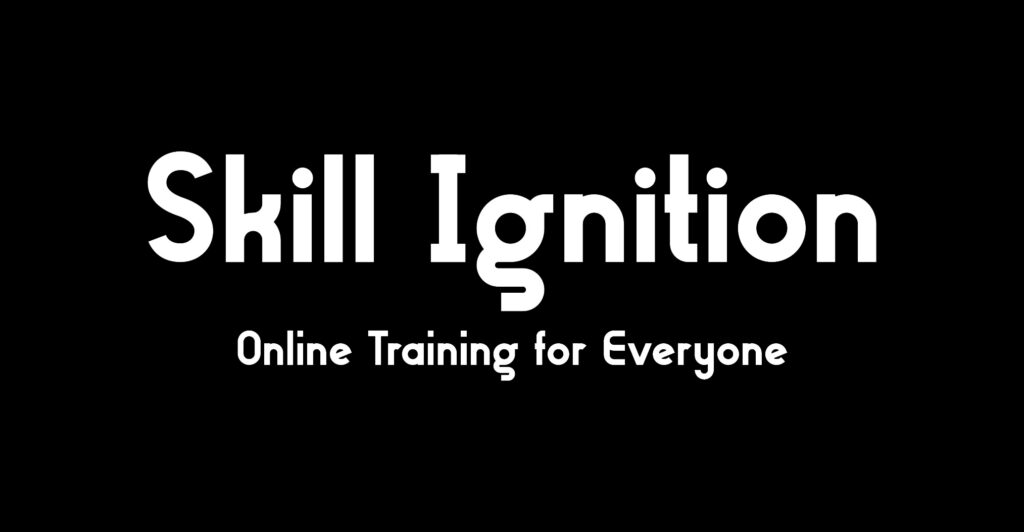Trainer & Facilitator Workshop: Skills for the Modern Classroom
- 3 Days Course
- Language: English
Introduction:
This course includes multiple techniques for leading classes virtually or in person. Effective facilitation of group sessions, whether remote or in person, is a key skill for Trainers, Supervisors, and Managers as an expression of their leadership and their ability to focus a group. This 3-day course covers multiple techniques and provides a solid foundation in facilitation, instruction, interactive learning, and presenting skills. Dedicated to anyone who delivers content to a group regardless of the setting. Attendees will have ample opportunity to prepare, practice and deliver to the group and receive instruction, coaching, and feedback to support their development of outstanding training skills. Upon successful course completion and test teach, you will earn a badge from Credly.
Objectives:
Learn about adult learning principles and delivery, educational theory, production and facilitation techniques, virtual classroom setup, and when and how to intervene in critical situations. Each attendee will create and deliver a presentation to the group and take part in a review, debrief, and feedback session with certified instructors as a part of this course.
Course Outline:
Integrated Learning in the Modern Classroom
- Delivery Modalities
- -Face to Face
- -Remote Synchronous & Asynchronous
- Professionalism & Promptness
- Engagement and The Joy of Teaching
Trainer Preparation
- How to Prepare
- -Tools, Aids, and Guidelines
- -Proactively Collect Information on Topics
- Classroom Observation
- Establish Course Goals
- Practice Everything You Teach
- -Anticipate
- -Test Preparation
- -Best Practices and Tips
Educational Theory
- Understand Child vs. Adult Educational Theories
- Andragogy
- Bloom’s Taxonomy
- -Taxonomy Worksheet
- -Bloom’s Verbs
- Behaviorism
- Classical Conditioning
- Operant Conditioning
- Shaping
- Reinforcement Schedules
- Extinction
Adult Educational Theories
- Different Learner Style Theories
- -David Kolb’s Theory
- -Seven Intelligences
- -Brain Dominance
- -The VAK Model
- “Tell-Show-Do”
- -Instructional Design
- -Four Strategies for Excellent Instruction
Virtual or Traditional Instructor Led Training
- Attributes & Best Practices for Delivery
- Structure Activities to Enhance Your Class
- Use Tools To Engage The Group
- -Video clips
- -Design Slide Decks
- -Demonstrate & Annotate in Real Time
- -Variety and Creativity
- How to use Technology for Virtual Delivery
- -The Camera
- -The Chat
- -The Microphone
- -Polls
- -Break Out Rooms
- -Whiteboard
- -Interactive Virtual Tools
- -Zoom Host and Teams Organizer Tools
Get to Know Your Students
- Meet and Greet
- -Get to Know Your Attendees
- Ice Breakers
- Ask Questions
- Set Expectations
- Focus on Experience
- Minimum Instruction and Maximum Autonomy
- Variations In Delivery
- Emphasize Solutions
- Be the Subject Matter Expert
- Engage The Group
- Close Strong
- Adapt Your Delivery to Feedback
Focus on Communication
- Verbal Communication Skills
- Listening and Hearing: They Aren’t the Same Thing
- Asking Questions
- 5 – Non-Verbal Communication Skills
- Body Language
- It’s Not What You Say, It’s How You Say It
The Role of the Facilitator
- Separation of Process & Content
- Focus
- -Choose an Approach
- -Plan for a Facilitated Meeting
- Collect Data
Classroom Management & Intervention
- Why Intervention May Be Necessary
- Know When to Intervene
- -Levels of Intervention
- Trusting Your Process
- Boomerang it Back
- ICE It: Identify, Check, Evaluate
Presentations Created and Delivered by Attendees
- Determine the Topic & Chose Something to Present
- Brainstorm with the Group
- Prepare Your Presentation
- Be the Host, Use the Tools, Teach the Group
- Deliver a 20 Minute Presentation / Teach Your Topic
- Review by Panel of Instructors
- Debrief & Feedback
Continuing Professional Development
- The Importance of Continuing Professional Development
- How to Continue to Develop Professionally
- Professional development plan
- Learning from other trainers
- Learning from Post Class Evaluations
- Learning from Questions asked During Class
- Self-Observation Process
- Trainer Recommended Resources
Enroll in this course
£1,485.00

